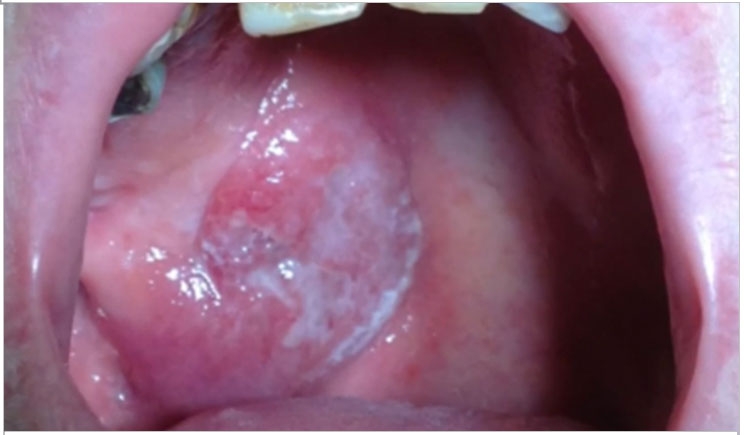
November is Mouth Cancer Action Month, and the Mouth Cancer Foundation in the United Kingdom is responding with its Bite Back at Mouth Cancer campaign. The organization is encouraging dentists and practices in the UK and in the United States to promote awareness with a variety of activities and materials.
First, the Mouth Cancer Foundation is encouraging all practices to offer free mouth screenings to their patients. With 650,000 people affected a year worldwide, it is the sixth most common form of cancer, according to the group. While patients may overlook its early signs, such as lumps or irregular tissue changes, dentists are more likely to see them.
“Early diagnosis is imperative in order to save lives. Head and neck cancers are vicious and debilitating when detected late,” said Dr. Vinod Joshi, founder of the Mouth Cancer Foundation. “This is the reason why we stress the importance of regular dental examinations to ensure that any abnormalities are caught early on.”
Next, the organization has released a video featuring television personality Dr. Dawn Harper that shows how people can check themselves for cancer. The simple, 2-minute process only requires clean fingers, a bright light, and a mirror. According to the group, everyone older than 16 should perform the test once a month after they have cleaned their teeth.
During the check, people should examine their face and neck for swellings and changes in any moles. They also should look at and feel the inside of their lips and their gums for sores, bumps, or changes in texture or color. They should look for red or white patches, ulcers, lumps, and tenderness inside their cheeks and on their tongue, in addition to the roof and floor of their mouth, as well.
“Make a note of anything unusual. If you have recently had a cold, sore throat, ulcer or swollen glands, or bitten or scalded yourself, for example, these should heal within 3 weeks,” said Dr. Philip Lewis. “If you have any concerns, visit your dentist or doctor to see if you need specialist advice.”
The Mouth Cancer Foundation also says that patients should contact their doctor or dentist if they have difficulty swallowing, chewing, or moving the jaw or tongue; feel numbness of the tongue or elsewhere in their mouth; feel something is caught in their throat; have a chronic sore throat or hoarseness for more than 6 weeks; or an unexplained loose tooth with no dental cause. These symptoms could be signs of cancer.
Third, the Mouth Cancer Foundation has named November 18, 2015, “Blue Wednesday” to promote awareness of the disease. It is asking dentists and patients alike to go blue by wearing a blue ribbon or tie or even by applying blue lipstick or dying their hair blue. Then, they should take selfies and share them at bluelipselfie.co.uk or tweet them with the hashtag #bluelipselfie.
“Mouth cancer is one of the UK’s fastest increasing cancers, with cases up by almost 40% in the last decade alone,” said Dr. Nigel Carter, OBE, chief executive of the British Dental Health Foundation. “Learning how to ‘Bite Back at Mouth Cancer’ is a simple way we can help ourselves.”
Free educational materials are available at the Mouth Cancer Foundation’s website. For example, practices can download brochures on mouth cancer and HPV that they can distribute to patients. There also are posters providing information on mouth cancer and explaining how to perform the self-check that practices can display in their offices.
“Learning how to ‘Bite Back at Mouth Cancer’ is a simple way we can help ourselves,” said Joshi. “We are incredibly excited about our new initiative. Inform your friends about this self-check, and we will go a long way to beating mouth cancer.”
Related Articles
Personal Journey Drives Cancer Innovation
Decade of Research Supports Salivary Oral Cancer Test
Researcher Pinpoints Possible Underlying Cause of Metastases in Oral Cancer











